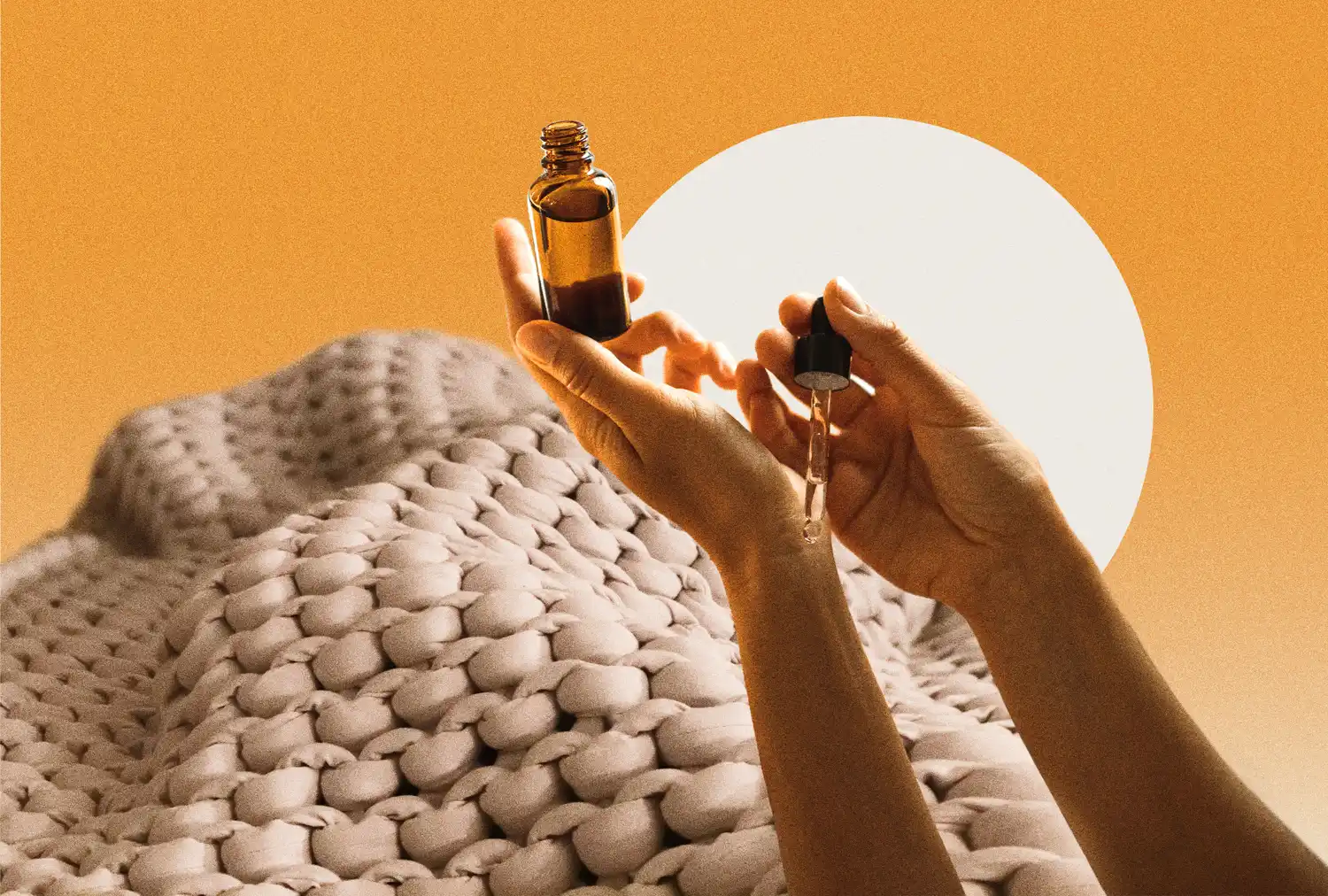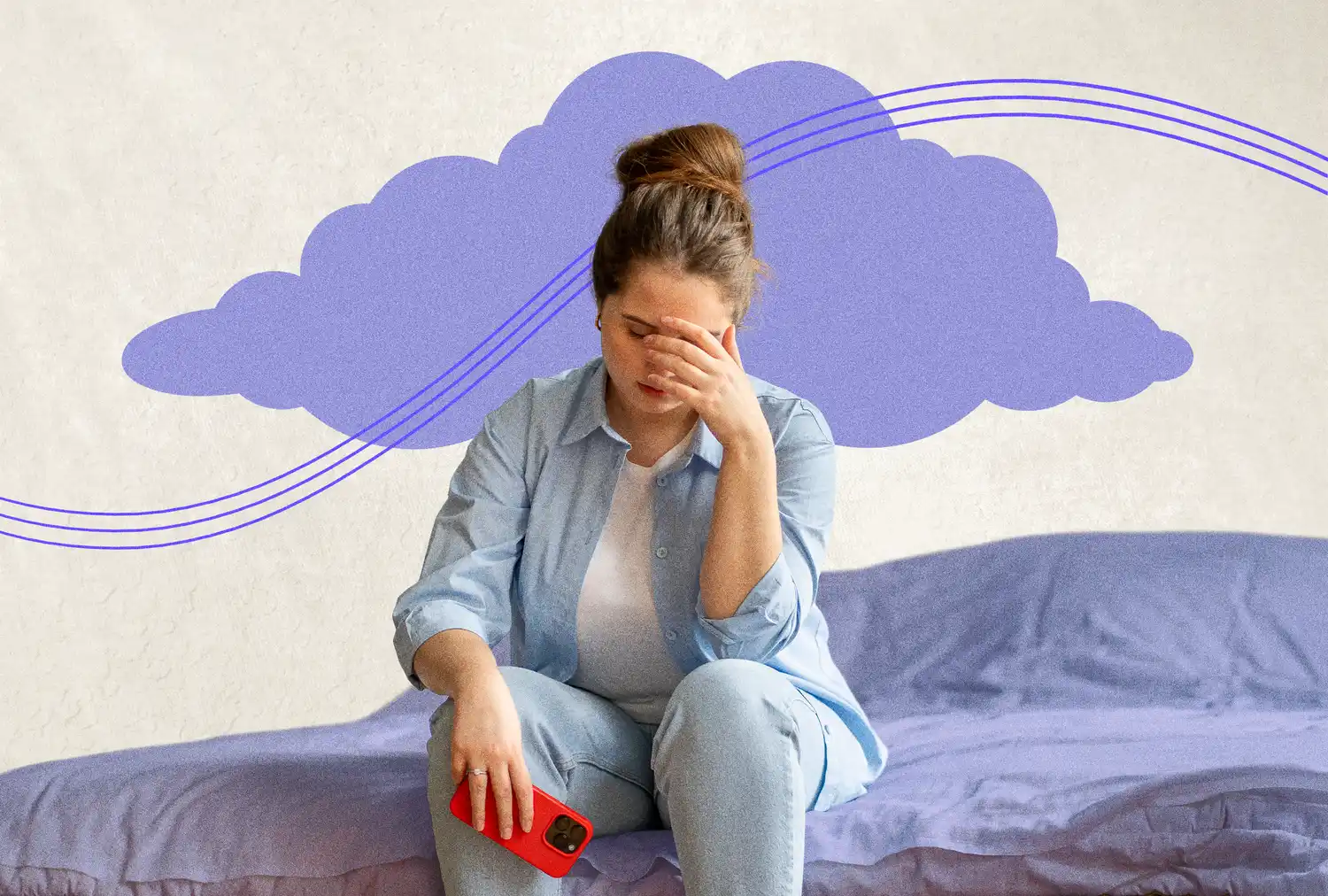Unlock Restful Nights: Expert-Backed Natural Sleep Aids for 2025
For many, achieving truly restful sleep feels like an elusive dream. Despite a long day, the moment your head hits the pillow, your mind can become a whirlwind of thoughts, leaving you tossing and turning. While countless products promise a quick fix, what are the natural sleep helpers wellness experts actually use to unlock restful nights? This guide explores evidence-based methods favored by professionals, offering insights into how you can improve your sleep quality naturally.
As we move towards 2025, the emphasis on holistic well-being continues to grow, and sleep is recognized as a cornerstone of health. We delve into the science behind these natural aids, drawing on expert recommendations from sleep specialists like Andrea Matsumura, MD (FAASM), and psychiatrist Brooke Choulet, MD, to help you cultivate deeper, more restorative slumber.
What Natural Sleep Aids Do Wellness Experts Actually Recommend?
Research Hook: Getting quality sleep is fundamental for physical and mental health, impacting everything from mood to cognitive function. When sleep evades us, natural interventions become a highly sought-after solution. But which ones truly stand up to scientific scrutiny?
The Science of Natural Sleep Helpers: Natural sleep aids work through various mechanisms, from calming the nervous system and relaxing muscles to influencing the body's natural sleep-wake cycle. Unlike pharmaceutical options, these methods often focus on gentle support, making them ideal for long-term integration into a healthy lifestyle.
Herbal Elixirs for Tranquil Evenings
Many wellness experts actually turn to simple herbal remedies as part of their wind-down routine. These aren't sedatives but rather gentle nudges towards relaxation.
- Chamomile & Valerian Root: These well-known herbs have mild calming effects. Dr. Matsumura notes, “Chamomile and valerian can have mild calming effects. I like them because they’re safe for most and can be a helpful part of a bedtime routine.” A 2017 study highlighted chamomile extract's ability to improve sleep quality in elderly individuals (Adib-Hajbaghery & Mousavi, 2017). Similarly, a 2006 meta-analysis indicated that valerian root might enhance sleep quality (Bent et al., 2006).
- New Example: Tart Cherry Juice: Rich in melatonin and tryptophan, tart cherry juice has shown promise in improving sleep duration and quality. Research from institutions like Louisiana State University has explored its benefits for insomnia sufferers (Harvard, 2024).
Evidence-Based Mechanisms: These herbs interact with neurotransmitter systems, such as GABA receptors, to reduce neural excitability, thus promoting a state of calm conducive to sleep.
Can Magnesium Supplements Truly Unlock Restful Nights?
Latest Research: Magnesium, often dubbed nature's tranquilizer, is a mineral critical for hundreds of bodily functions, including muscle relaxation and nerve transmission. For those seeking to unlock restful nights, it's a popular choice.
A 2024 study underscored magnesium's role in supporting better sleep and improving mood, making it a valuable pre-bedtime ritual (Breus et al., 2024). This aligns with what many wellness experts actually advise for their clients experiencing sleep disturbances.
Research-Backed Strategies: A daily magnesium supplement, particularly magnesium glycinate or citrate, taken an hour or two before bed, can help relax muscles, quiet the nervous system, and even support the body's natural melatonin production. This comprehensive action makes it a favorite among sleep specialists.
How Do Aromatherapy and Rituals Support Sleep?
Expert Recommendations: The power of scent and routine should not be underestimated when trying to unlock restful nights. Wellness experts actually emphasize the ritualistic aspect of preparing for sleep.
- Essential Oils: Lavender is a standout. “Scents like lavender can reduce anxiety and promote relaxation, which may help ease the transition to sleep,” Dr. Matsumura explains. A control trial found that combining lavender aromatherapy with sleep hygiene significantly improved sleep quality for college students (Lillehei et al., 2015).
- The Power of Ritual: Dr. Choulet emphasizes, “Engaging in a consistent wind-down routine in the evenings can be helpful in indicating to the body and mind that it's almost time to sleep.” This includes limiting screen time, reading, a warm bath, or gentle stretching. This consistent signaling helps the brain associate certain activities with impending sleep.
Meta-Analysis Insights: While individual studies on essential oils vary, the consistent finding across many reviews is that the ritual of aromatherapy, combined with a relaxing routine, is paramount. It’s less about the oil as a direct sedative and more about its role in signaling relaxation to the brain.
Are Physical Aids Like Weighted Blankets and Masks Effective?
Practical Implementation: Beyond supplements and teas, physical aids are another category of natural sleep helpers wellness experts actually use to create an optimal sleep environment.
- Weighted Blankets: Far from a mere trend, weighted blankets are praised by professionals. Dr. Choulet states, “Weighted blankets can help reduce anxiety by stimulating pressure receptors, which mimic the calming effects of a hug.” A 2024 review concluded that these blankets can improve sleep quality and ease negative emotions, especially for individuals with sleep disorders or neurodevelopmental conditions, thanks to the calming effects of deep pressure touch (Yu et al., 2024).
- Sleep Masks: A simple yet powerful tool. “A dark room is important to maintain a regulated circadian rhythm,” Dr. Matsumura notes. By blocking out light, masks (or blackout curtains) help signal to your body that it's time to produce melatonin, aiding in falling and staying asleep.
- White Noise Machines: Disruptive sounds can easily fragment sleep. White noise machines create a consistent, soothing background hum that masks sudden noises, helping your brain tune out interruptions and settle into deeper sleep. This is an expert-backed strategy for those in noisy environments.
New Example: Apigenin: This flavonoid found in chamomile and parsley has gained attention for its potential to bind to GABA receptors in the brain, inducing a calming effect without being a sedative. Stanford researchers have explored its anxiolytic properties, suggesting it could be a valuable addition to natural sleep routines (Stanford researchers, 2024).
The Critical Role of Sleep in Overall Wellness
Sleep is far from a passive state; it's an active process vital for recovery and repair. “Sleep is essential to optimal recovery, which directly impacts how we perform in life,” emphasizes Dr. Choulet. It regulates mood, consolidates memories, restores energy, and repairs cellular damage. Insufficient sleep can lead to increased anxiety, depression, impaired immune function, and a higher risk of cardiovascular disease, diabetes, and cognitive decline.
If, despite implementing these natural sleep helpers, your sleep difficulties persist for several weeks, or if decreased sleep significantly impacts your daily functioning, consulting a sleep medicine physician is crucial. There may be underlying causes requiring professional evaluation to best recommend treatment.











